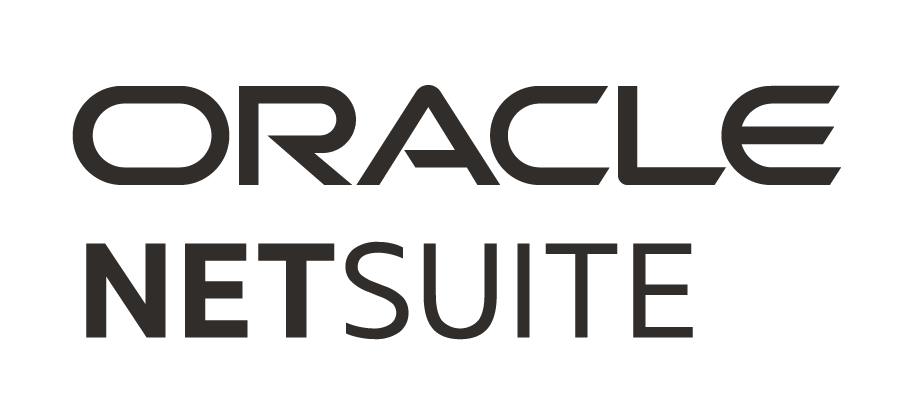Navigating the Retail Supply Chain: A Comprehensive Guide
The world of retail is a dynamic ecosystem where the seamless orchestration of numerous processes is essential for success. From anticipating market demand to delivering the right products at the right time, retailers face an intricate web of challenges.
This article explores the significance of retail supply chain management, the hurdles businesses face, and strategic approaches to building resilience and efficiency.
Understanding Retail Supply Chain Management
Retail supply chain management involves overseeing every step, from sourcing materials to product delivery. The goal is twofold: optimise supply-side functions cost-effectively and enhance customer satisfaction through timely deliveries. In an era marked by evolving consumer behaviour and global uncertainties, efficient supply chain processes are more critical than ever.
Effective supply chain management can catalyse increased revenue, reduce operating costs, and enhance customer experiences. Consumer habits have been reshaped in the aftermath of Covid-19, emphasising the need for a resilient supply chain capable of adapting to disruptions. According to McKinsey, building a long-term resilient supply chain can lead to a 3% – 7% increase in sales and a 15% improvement in cash flow.
Strategies to Improve Retail Supply Chain Management
Automation
Automation can reduce human errors and enhance efficiency from warehouse operations to inventory management.
Tracking and Forecasting Software
Gain a real-time view of the supply chain to identify areas for improvement, ensuring accurate demand forecasting and optimal inventory levels.
Integration of Systems
Unify data and processes across the supply chain to improve efficiency, coordination, and the ability to address issues promptly.
Demand-Driven Supply Chain Model
Align production and inventory schedules with real-time market demand, minimising waste and capitalising on sales opportunities.
Supply Chain Visibility
Utilise management software for visibility into customer demand, inventory levels, and performance metrics, enabling informed decisions and progress tracking.
Multi-Channel Fulfilment Options
Meet customer expectations with alternative fulfilment methods like curbside pickup and buy online, in-store pickup leveraging third-party logistics providers (3PLs) for efficient operations.
Optimise Delivery Routes
Reduce shipping costs by analysing historical data and choosing transportation methods that balance timely deliveries with cost-effectiveness.
Partner with a 3PL
Outsource logistics tasks to third-party logistics (3PL) providers for improved warehouse and inventory management, especially for online order fulfilment.
Enhance Product Traceability
Utilise barcodes and lot/serial numbers for efficient inventory management, ensuring quality control and customer satisfaction.
Leverage Predictive Analytics
Harness AI and machine learning for data-driven decision-making, identifying and addressing inefficiencies across the supply chain.
Supplier Collaboration
Encourage supplier cooperation, using inventory management software for real-time visibility and proactive order preparation.
Secure Payment Processes
Guard against cyber threats by implementing robust access protocols, working with certified suppliers, and providing ongoing cybersecurity training for employees.
The Future of Retail Supply Chain
Change is the only constant in the world of retail supply chains. The ability to quickly understand and adapt to these changes will set successful retailers apart in the coming years. However, this doesn’t mean retailers should focus solely on short-term decisions. Many are reimagining how they build, organise, and manage their supply chain networks at all levels, aiming for agility to make confident and swift adjustments.
Businesses are increasingly embracing a data-driven approach to decision-making. The ultimate goal is achieving end-to-end visibility across retail planning, supply chains, and customer experiences – a kind of Holy Grail in the industry. This visibility enables retailers to make well-informed, cross-functional decisions that balance customer satisfaction with a strategic focus on reducing operating costs on a global scale.
Meeting customer preferences in an omnichannel purchasing journey and fulfilment era requires a data-driven supply chain process. Real-time data on suppliers, inventory, and delivery can be aligned with more accurate demand forecasting across channels. This not only helps retailers expand revenue streams but also enhances the daily efficiency of their operations.
Oracle NetSuite: Your All-in-One Solution for Retail Supply Chain Success
Successful retail supply chain management is simpler than ever with Oracle NetSuite. This trailblazing cloud ERP platform allows retailers to centralise their data seamlessly, creating a unified hub for information. From procurement to logistics, Oracle NetSuite Supply Chain Management ensures that every team operates on the same page, fostering precision in executing strategies that align with customer expectations.
Oracle NetSuite doesn’t stop at the ordinary; it provides a comprehensive platform for retail management. Oracle NetSuite for Retail is the ultimate solution covering everything from in-store point-of-sale (POS) systems to e-commerce experiences, customer relationship management (CRM), and financial and inventory processes. This integrated platform empowers modern retailers to bring their omnichannel strategies to life, giving them unmatched control over supply chain performance, operating costs, and overall customer experiences.








